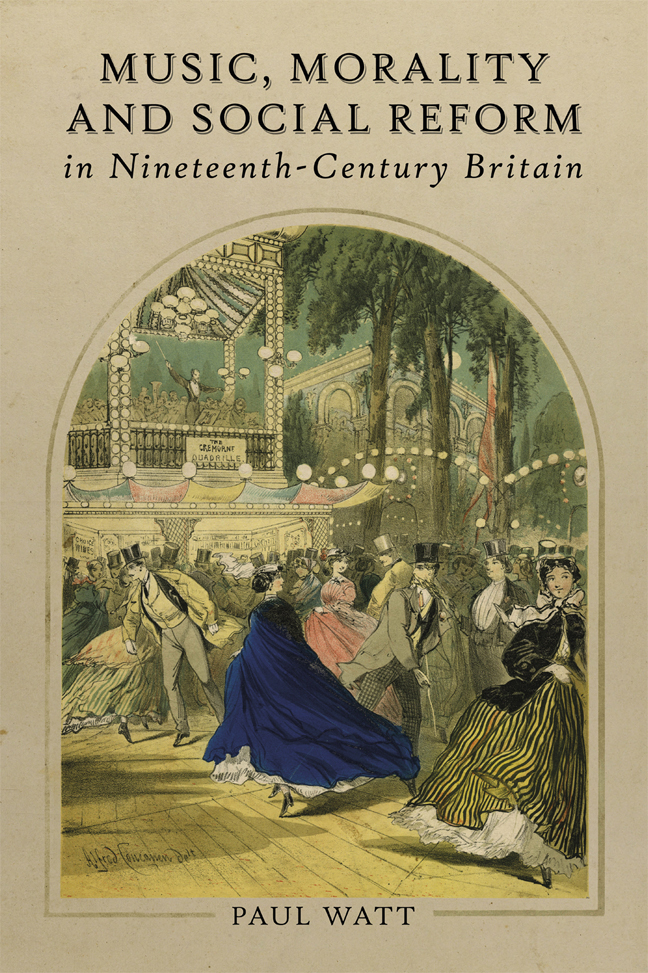Introduction
Published online by Cambridge University Press: 21 February 2024
Summary
In his book Morality, first published in 1878, James Platt offered the following guidance to his readers:
My advice to every one having a strong tendency to drink, or vice, or vicious habits of any kind, is to take up some hobby or intellectual pursuit or study. The concentration of your mind thereon will alienate the thoughts from the vice, and check the action of the animal propensity; whilst the intellectual and moral sentiment, becoming stronger from increased activities, will give you strength to combat and control the desire of the lower part of your nature.
Platt's plan for moral improvement is placed firmly on the individual; however, the cultivation of a moral life is not undertaken alone. Institutions such as publishers, adult education schools, charities, social reformers and religious organisations all have a part to play in shaping the moral life of the individual and, to varying degrees, music plays a role in these personal and collective efforts.
The aim of this book is to show how music-making – for example, singing, playing a musical instrument and dancing – was utilised to promote morality and social reform in the long nineteenth century. While the social, political, intellectual, economic and musical history of the nineteenth century are well-trodden areas of research, the study of morality and its relationship to schemes of social reform – expressed through music-making – have been less well explored. This book will show that a large range of musical activities was used to promote personal and collective moralities. Underpinning these activities were values such as the cultivation of masculinity, the propagation of Christianity, the advancement of the British Empire, and the provision of pleasure and pursuit of happiness through engagement with the arts. Yet not all these ideals were equally valued. During this period, morality and social sobriety, gender stereotypes, the place of organised religion in civil life and the ethics of nation-building were contested as moral programmes and social reform agendas criss-crossed a myriad of musical and other agendas.
The book focuses on Britain with reference to the US and occasionally Australia, though it is not, by strict definition, a comparative study. There are references in the book to related moral and social issues of the day in Canada, France, Germany, Ireland and Sweden, though these locales make only minor appearances.
- Type
- Chapter
- Information
- Publisher: Boydell & BrewerPrint publication year: 2023



